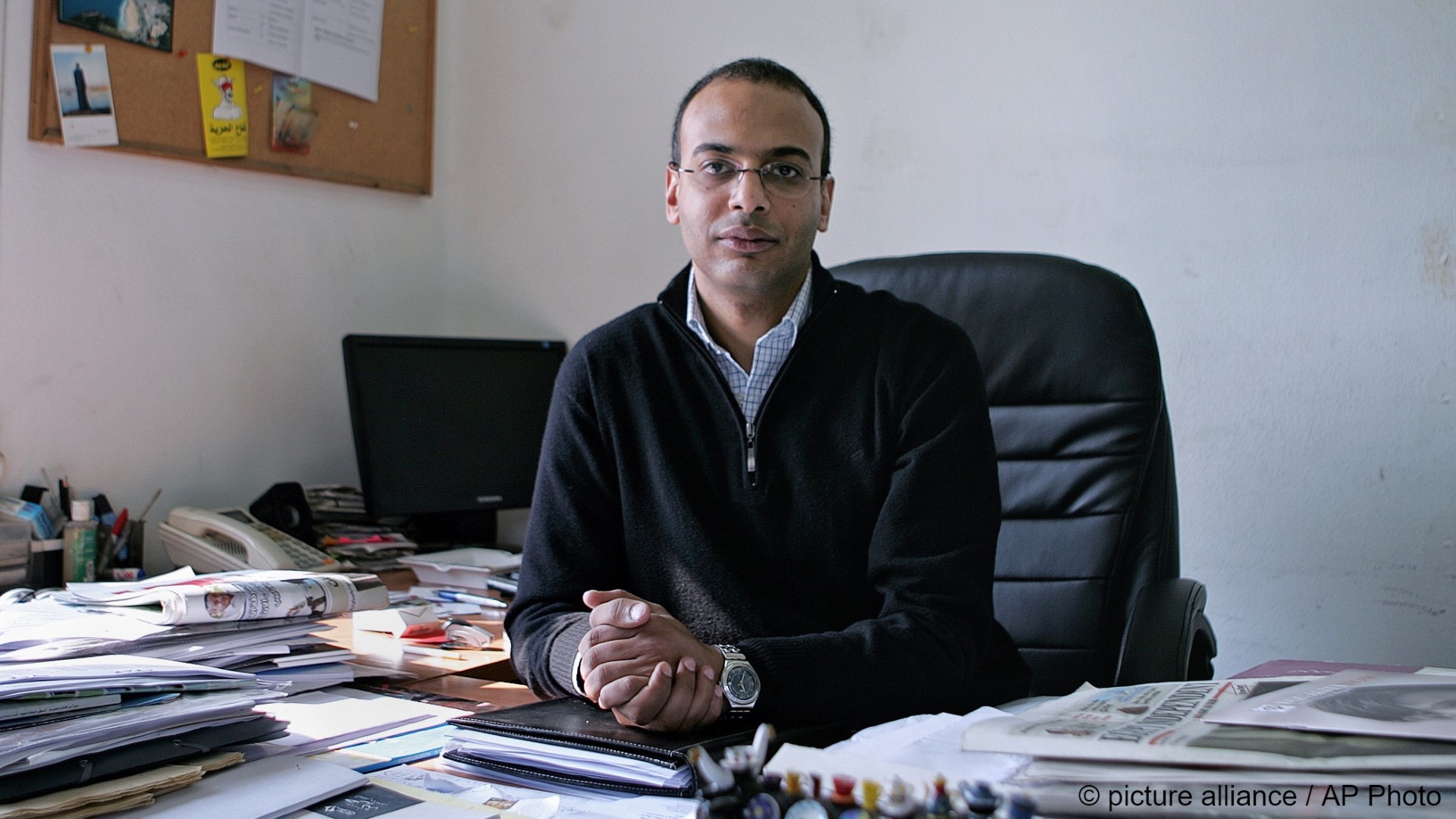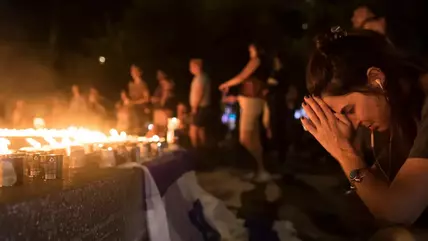Deep rifts

7 October was like an earthquake. Only the passing of time will reveal its impact on politics, culture, diplomacy, ideological hegemony and even the entertainment industry. Egypt is undoubtedly in a key position and close to the war, not just because of its shared border with the Gaza Strip and its control of border crossings.
Early last month, the German government stopped funding a project to combat the trafficking of women in Egypt run by the NGO "Centre for Egyptian Women's Legal Assistance". The head of the organisation, the lawyer Azza Soliman, had previously signed a declaration calling for a halt to the aggression against Gaza, as well as demanding that relations with Israel be severed and the country be boycotted.
The German embassy initially justified its decision by saying that German law forbids the funding of institutions participating in the BDS boycott movement against Israel. Later, however, the embassy conceded that the move was based on a clause in Germany's budget legislation. This states that the financing of projects abroad is conditional upon a clear benefit for Germany. In the wake of the decision, Soliman spoke of a critical historic phase and a low point for human rights. Champions of human rights were now showing their true face, she said.
Asymmetry between donors and NGOs
But what are the criteria applied to assess this "clear benefit"? And what happens when "everyone" has allowed their masks to fall, as the activist Soliman put it? Even if relations between western donors and the organisations they fund are asymmetrical and the former is ultimately in control, the breakdown of these relations is not just being instigated by the West.
For example, in the third week of October, the Egyptian Initiative for Personal Rights announced it would be ceasing all cooperation with the German government in protest at Berlin's stance on the Gaza war.
Director of the initiative, rights activist Hossam Bahjat, informed the German ambassador that the German position on the Gaza war seriously questioned "the overlap of shared values between rights activists, feminists and independent media in Egypt on the one hand, and Germany on the other". Bahjat also withdrew his candidacy for the Franco-German Prize for Human Rights and the Rule of Law for the same reasons.

Where's the nuance?
The German debate on the war in Gaza markedly lacks differentiation and nuance. Once again, Germany is going its own way, bringing back painful memories
No more protection from security apparatuses
Aside from these exceptions, cooperation between local civil society and western donors continues almost unhindered. At the same time, the events described above symbolise a deeper transformation that isn't immediately obvious and goes beyond the financial level. This is because the "clear benefit" was not only a prerequisite for funding, but it also served a protective function.
As well as financial support and training programmes, civil society organisations in Egypt and other countries of the Global South also received diplomatic support. Pressure was applied to governments to protect NGO employees from security apparatuses, although in many cases this wasn't successful.
At the same time, donor states pursued the ideological goal of advancing their legal-political and democratic-capitalist agenda. "Civil society" itself and its role was a key part of this endeavour.
In turn, local civil society institutions used the forum of shared values and interests with donors to work towards political and social reforms in their countries. Funding remains civil society's Achilles heel, something that respective regimes also home in on.
Political capital squandered
Autocrats attempt to block sources of funding by imposing legal restrictions or seek to make propaganda capital by branding recipients of the cash as "foreign agents".
The Gaza war has opened up deep rifts between Arab human rights organisations and Western donor nations. But it is not just the credibility of Western government at stake here. Civil society organisations on the ground and the value system upon which their work is based are also affected.
It is becoming increasingly apparent that Western human rights protection is applied selectively and that donor nations are complicit in monstrous crimes against humanity. There is also the blatant contradiction between the restrictions and censorship imposed by Western institutions on their cooperation partners when it comes to the airing of opinions in the ongoing war between Israel and Hamas, and the values they claim to represent.
Western countries have squandered so much capital that it will be impossible to recoup in the foreseeable future. But on the part of civil society institutions in Egypt, the loss is even greater: at a time when oppression by local authorities is at its peak, these institutions are now under pressure from their Western donors as they too labour under the weight of their own conflicting values.
Shady Lewis Botros
© Qantara.de 2023
Translated from the German by Nina Coon
